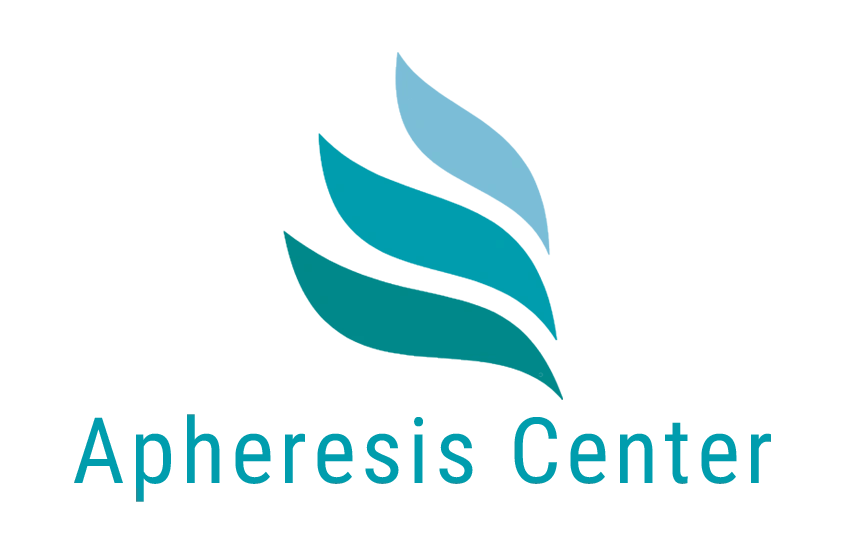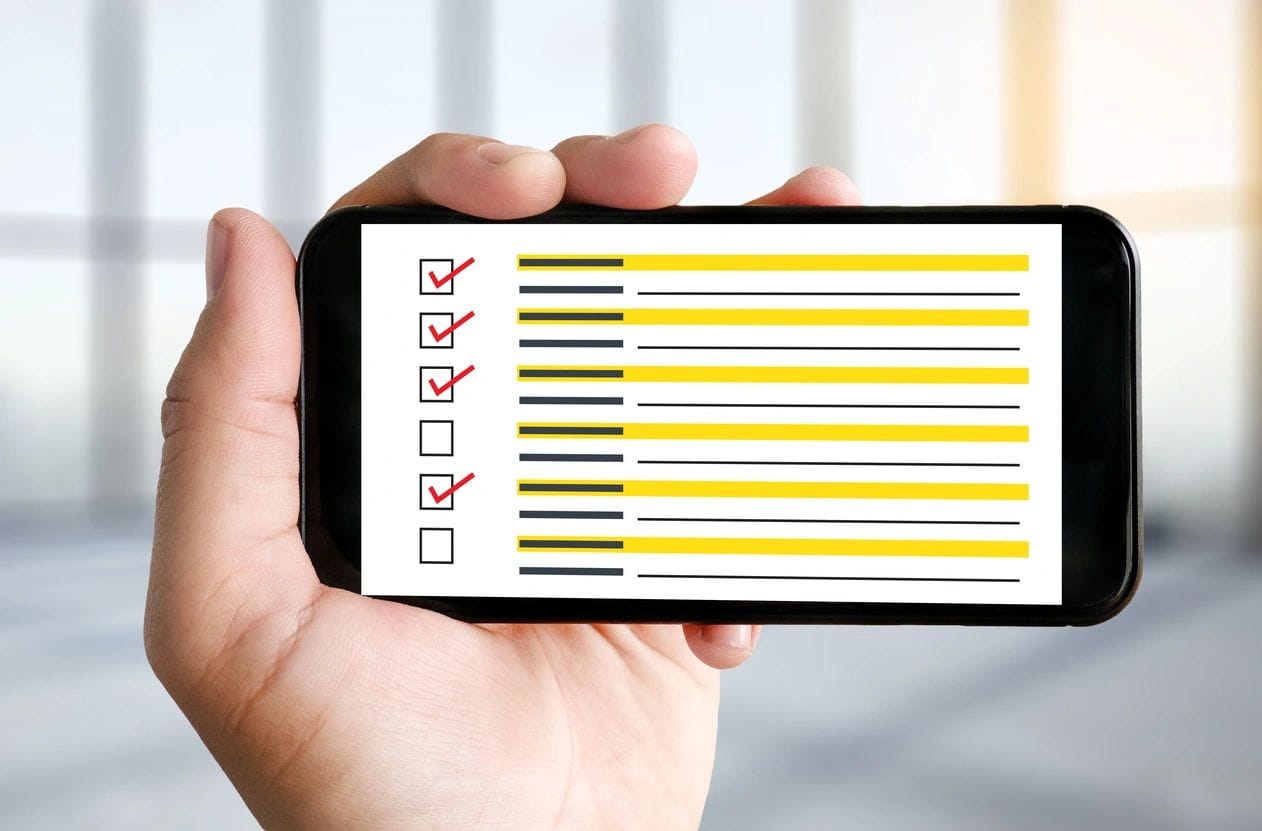Autore: Tanja Walser
Long COVID recovery can feel like a marathon without a finish line. With fluctuating symptoms, fatigue that doesn’t go away with rest, and a frustrating lack of answers, it’s no wonder so many people feel overwhelmed. While much of the focus understandably falls on physical healing – nutrition, pacing, gentle movement – there’s a powerful and often underestimated piece of the puzzle: stress management. Managing stress isn’t a “nice to have” add-on. It’s a central pillar of your healing process.
In questo post esploreremo il modo in cui lo stress cronico influisce sull'organismo durante il recupero della COVID lunga, il motivo per cui è più che mai importante dare priorità al riposo e alla regolazione del sistema nervoso e alcune strategie dolci e realistiche per aiutarvi a ridurre lo stress e a sostenere la capacità di guarigione del vostro corpo.
Il ciclo stress-sintomo
If you’re living with Long COVID, you’re likely familiar with the boom-and-bust cycle: a few better days followed by a crash that sets you back. Stress – whether emotional, physical, or environmental – can play a big role in triggering these crashes.
Quando siamo sottoposti a stress, il nostro corpo entra in modalità "lotta o fuga", rilasciando ormoni come il cortisolo e l'adrenalina. Questa risposta è utile in brevi momenti, ma quando lo stress è cronico diventa dannoso. Lo stress persistente mantiene il corpo in uno stato di massima allerta, impedendo il tipo di guarigione profonda che avviene durante il riposo e la riparazione.
For those in Long COVID recovery, this stress response can worsen fatigue, brain fog, sleep problems, and even pain. The body stays locked in survival mode, prioritising immediate threats over long-term repair. That’s why calming the nervous system – gently and consistently – can be one of the most impactful things you do.
Perché la gestione dello stress è essenziale per un lungo recupero della COVID
The nervous system acts like the body’s internal switchboard, constantly sending and receiving signals. In chronic illness, this communication gets disrupted. Long COVID seems to dysregulate multiple systems at once – including the immune system, autonomic nervous system, and endocrine system. Stress intensifies this disruption.
Ecco come lo stress influisce sul recupero di Long COVID:
- Inflammation increases: Chronic stress promotes inflammatory processes, which are already elevated in many people with Long COVID.
- Sleep quality declines: Stress makes it harder to fall and stay asleep – robbing your body of one of its most important healing tools.
- I problemi digestivi peggiorano: lo stress compromette la digestione e l'assorbimento dei nutrienti, rendendo più difficile per l'organismo ottenere ciò di cui ha bisogno per riparare i tessuti e regolare gli ormoni.
- Energy production suffers: Mitochondria – the powerhouses of your cells – don’t work well under chronic stress, contributing to the crushing fatigue so many experience.
Non si tratta di eliminare tutto lo stress (è impossibile, e la pressione di farlo può aggiungere altro stress!). Si tratta invece di trovare il modo di spostare delicatamente il sistema nervoso in uno stato di riposo e digestione, dove è più probabile che avvenga la guarigione.
Come appare lo stress nella vita reale
Lo stress non è sempre drammatico. Spesso si manifesta in modi sottili ma persistenti: pensieri eccessivi, ricerca continua di sintomi, preoccupazioni per il futuro, stanchezza per far fronte alle esigenze quotidiane.
Se qualcuna di queste situazioni vi sembra familiare, non siete i soli:
- Ci si sente in colpa per il riposo
- Vi preoccupate di non fare "abbastanza" per riprendervi.
- Si avverte tensione nel corpo per la maggior parte del giorno
- La mente corre quando si cerca di dormire
- Vi sentite emotivamente fragili o sopraffatti il più delle volte
Nessuno di questi è un segno di fallimento. Sono segni che il vostro sistema nervoso sta facendo gli straordinari. La buona notizia? Si può iniziare a calmarlo, anche in piccoli modi.
Calmare il sistema nervoso: Cosa aiuta davvero?
You don’t need to overhaul your life or spend hours meditating to make a difference. In fact, small, consistent actions are often more effective – and sustainable – than dramatic changes. Here are some nervous-system-friendly practices that support Long COVID recovery:
1. Un lavoro di respirazione sicuro e rilassante
Try breathing out longer than you breathe in – for example, inhale for 4 counts, exhale for 6. This activates the parasympathetic nervous system (the calming part of your nervous system) and can help bring your body out of stress mode.
Anche solo 2-3 minuti un paio di volte al giorno possono essere utili.
2. Confini con l'informazione
It’s easy to fall into research spirals when you’re looking for answers. But consuming too much information – especially when it’s conflicting or alarmist – can spike anxiety and worsen symptoms. Set time limits on symptom research, or take breaks from social media and forums if they leave you feeling drained.
3. Rituali calmanti
Trovate alcune cose che vi confortano veramente e ripetetele spesso. Può trattarsi di un bagno caldo, di una tisana preferita, di musica soft o di un programma televisivo familiare. I rituali aiutano il cervello a sentirsi al sicuro grazie alla ripetizione e alla familiarità.
4. La natura, anche in piccole dosi
Spending time in nature – even just sitting in a garden or watching trees through a window – can regulate the nervous system. If you’re too unwell to go out, try listening to nature sounds or watching calming nature videos.
5. Messa a terra attraverso i sensi
Portate la consapevolezza del vostro corpo usando il tatto, la vista, il suono o l'olfatto. Ad esempio, tenete in mano una pietra liscia, sentite la consistenza di una coperta o inalate un olio essenziale calmante come la lavanda. Queste esperienze sensoriali aiutano ad ancorarsi al momento presente e a spostare il cervello dallo stress.
6. Autocompassione
One of the most healing practices is being kind to yourself. Long COVID recovery is not linear. There will be setbacks. Instead of beating yourself up, practice gentle acceptance: “I’m doing the best I can with the energy I have today.”
E se siete troppo stanchi per alleviare lo stress?
That’s okay. Many stress management strategies can be adapted to your energy levels. If even meditation feels like too much, try “non-doing” – simply lying down in a quiet space with no expectations. Let your body rest without a goal. That in itself is powerful.
Il quadro generale: Creare sicurezza
At the heart of all stress reduction is this question: “How can I help my body feel safe?”
Your body can’t heal when it’s bracing for a threat. Long COVID already puts it on high alert. Each moment you offer it a cue of safety – whether through a soothing sound, a loving thought, or a moment of rest – you’re nudging it toward repair.
Stress management isn’t separate from Long COVID recovery. It is recovery. It’s the fertile soil in which your healing can take root.
If you’re navigating the ups and downs of Long COVID recovery, remember that your body is trying – every single day – to find balance again. Reducing stress isn’t about doing more. It’s about doing less, more gently, and more intentionally.
Iniziare con poco. Un respiro calmante. Un pisolino senza sensi di colpa. Una parola gentile verso se stessi. Con il tempo, questi momenti si sommano.
Non sei rotto. State guarendo.
If you’re curious about how functional medicine health coaching could help in your own Long COVID recovery, Tanja offers a free 20-minute conversation to explore what next steps might feel most supportive for you. Click here to book a time that suits you.


